Description
ARA-290, also known as Cibinetide, is an investigational peptide drug derived from erythropoietin (EPO). Unlike EPO, which stimulates red blood cell production, ARA-290 is designed to promote tissue repair, reduce inflammation, and protect nerves without increasing hematocrit or blood viscosity. This makes it a promising therapeutic candidate for neuropathic pain, autoimmune conditions, and chronic inflammatory diseases.
This guide explores what ARA-290 is, how it works, its potential medical applications, benefits, dosage, side effects, and legal status.
What is ARA-290 (Cibinetide)?
-
Type: Synthetic peptide (11 amino acids)
-
Also Known As: Cibinetide
-
Origin: Engineered from erythropoietin (EPO)
-
Mechanism: Targets the innate repair receptor (IRR), not the classical EPO receptor
-
Key Advantage: Provides anti-inflammatory and nerve-protective effects without stimulating red blood cell production
How Does ARA-290 Work?
ARA-290 works by binding to the innate repair receptor (IRR), which regulates inflammation, tissue repair, and nerve function. This action results in:
-
Reduction of chronic inflammation
-
Promotion of nerve regeneration
-
Protection against tissue damage caused by ischemia or injury
-
Modulation of immune system responses
Unlike erythropoietin, it does not carry risks of polycythemia (excess red blood cells) or increased clotting.
Medical and Research Applications of ARA-290
-
Neuropathic Pain
-
Promising results in small fiber neuropathy (SFN), particularly linked to sarcoidosis and diabetes.
-
Reduces pain and improves nerve fiber density.
-
-
Inflammatory Disorders
-
Investigated for use in autoimmune diseases and chronic inflammatory conditions.
-
-
Tissue and Organ Protection
-
Potential role in protecting organs from ischemia-reperfusion injury (common in surgeries and transplants).
-
-
Metabolic Disorders
-
Studied in diabetes complications such as nephropathy (kidney damage) and neuropathy.
-
Benefits of ARA-290
-
✅ Reduces neuropathic pain symptoms
-
✅ Promotes nerve repair and regeneration
-
✅ Provides anti-inflammatory protection
-
✅ Supports tissue healing after injury
-
✅ Does not raise hematocrit or cause clotting risks
Dosage and Administration
-
Form: Injectable peptide (subcutaneous injection)
-
Research Doses: Typically range from 1–4 mg daily or weekly, depending on study design
-
Duration: Varies by clinical trial protocol.

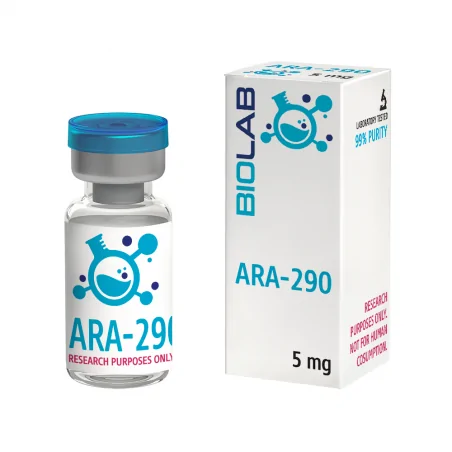
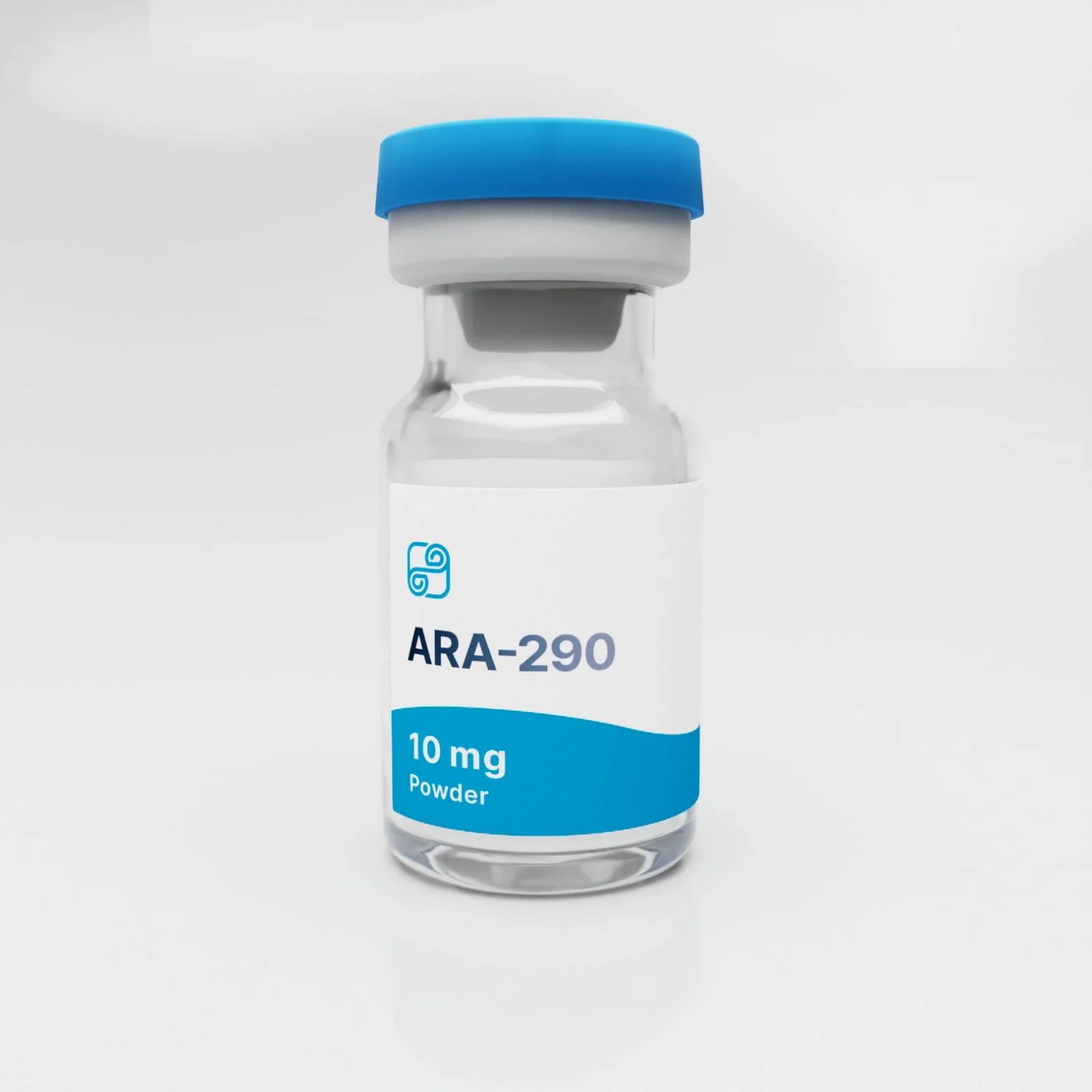
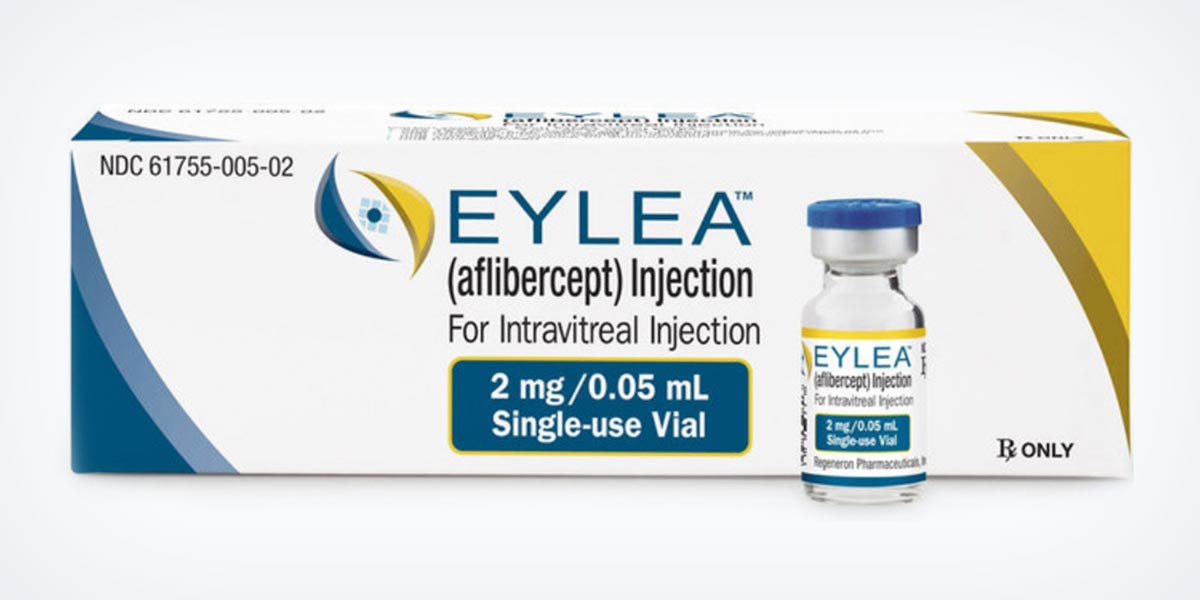

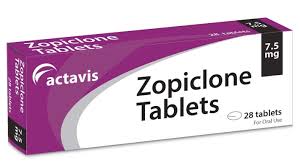







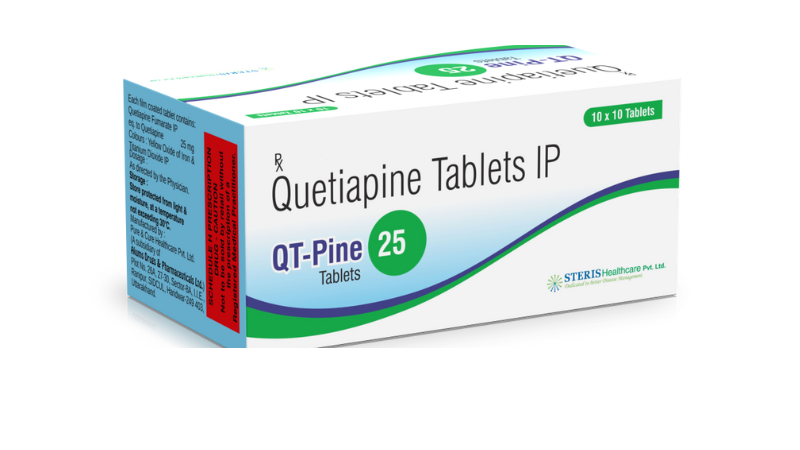

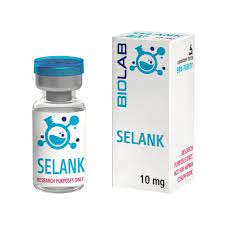


Reviews
There are no reviews yet.